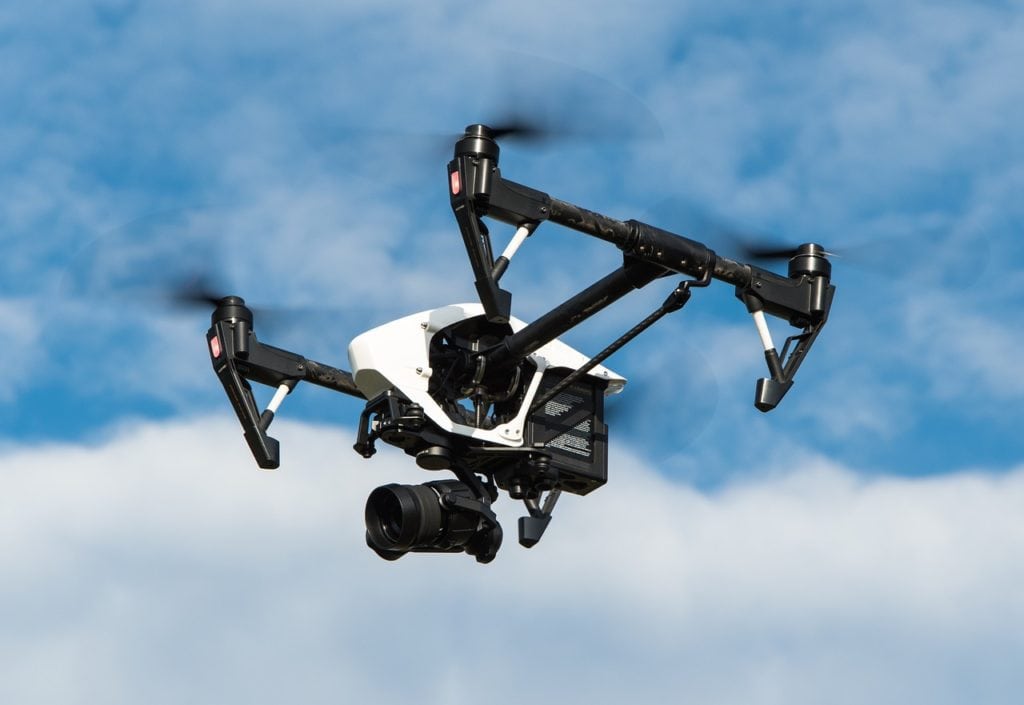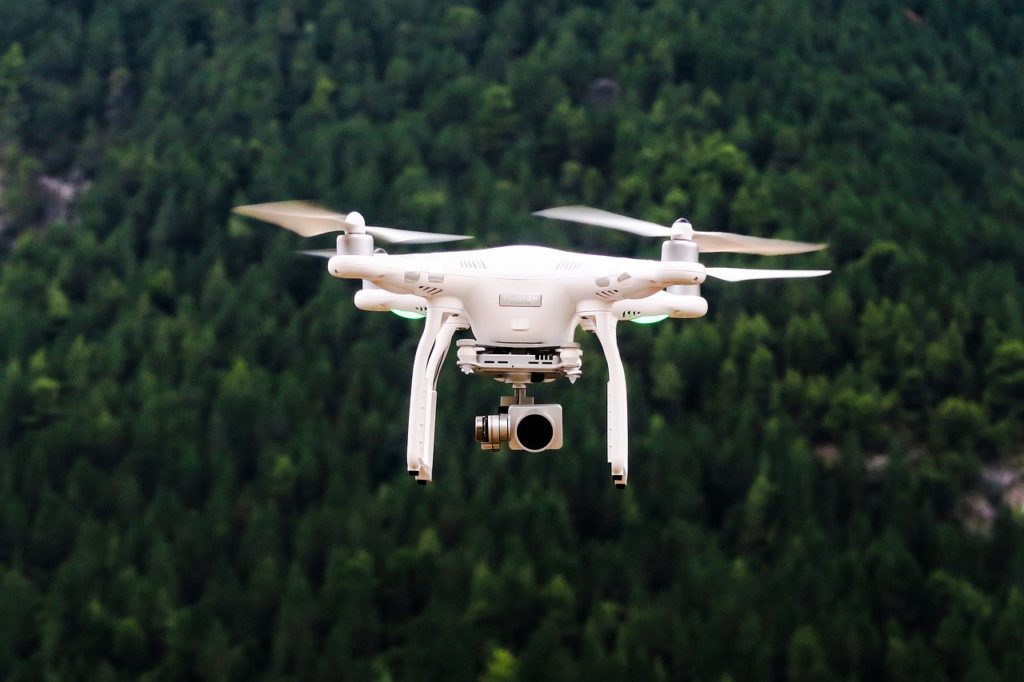Any links to online stores should be assumed to be affiliates. The company or PR agency provides all or most review samples. They have no control over my content, and I provide my honest opinion.
Drones have opened up a world of amazing videos and photographs. Now just about anyone can get great aerial shots and angles that no other aircraft could provide in the past.
Enticed by this prospect you want to get into the business of making drone content, but are a total beginner. So what should you do?
Here are some tips to give you a practical direction towards becoming a pro, or at least a talented amateur.

Always Read the Manual
Any good photographer or videographer needs to know their equipment intimately. It’s tempting to just get out there and start flying and shooting, but you’ll be doing yourself a disservice. Take the time to read through the manual from beginning to end. Your goal should be to know every function your drone offers and understand what that function does.
Yes, this is a lot of homework, but in the long

Get the Drone Part Right First
Although you may be mainly interested in the camera part of your new camera drone, you should forget it exists until you are a competent pilot. Yes, the latest drones practically fly themselves, but you should nonetheless master manual flight for two primary reasons:
- When things go wrong, you can pull your drone out of the fire.
- The very best shots are not going to be produced by anything other than a skilled human operator, at least for now.
So take a course or follow a guide that teaches you how to fly properly. Consider buying a software simulator to practice with before taking to the sky for real.
Don’t rush this process, you should be comfortable enough with
Learn the Fundamentals of Film and Photography
If you’re already a pro at shooting videos or taking photos, then this obviously doesn’t apply to you. If however you are a beginner both at shooting with drones and making camera-based content as a whole, you need to pay attention. It doesn’t matter if the camera is strapped a flying machine or held in your hand.
The fundamental principles of the art remain the same. There are three main areas you should investigate:
- Lighting, which is all important. In the context of
drones this mainly means picking the right time and conditions to shoot and knowing which filters you should use. - Framing, which is deciding what should be in
frame and how elements in the frame should be arranged. - Camera movements, knowing the types (dolly zoom, pan, etc) and when and how they should be used. This doesn’t apply to stills, obviously
There is much more to it than this, but if you have a good working knowledge of these three areas you’ll be ahead of the other beginners.

Get Comfy in the Editing Suite
Let me tell you a little secret – most of what makes footage and photographs great happens while you’re hunched over your computer at 3am in the morning. Raw video or photos are hardly ever suitable for anything, no matter how well you did things. That doesn’t mean you can just stop caring about making quality raw material. In fact, the principle of “garbage in, garbage out” very much applies here.
The better the work you did out in the field, the less work you’ll have to do in editing. Moreover, some raw material is so bad you can’t salvage it no matter how much fancy software you throw at it.
One Bite at a Time
Yes, the amount of things you have to learn to become a competent drone photographer or videographer may seem daunting. However, if you concentrate on the fundamentals and practice enough patience to get comfortable with the skillset, the rest will come easily. Everyone is a beginner at some point, at least you get to benefit from the lessons others have learned the hard way.
I am James, a UK-based tech enthusiast and the Editor and Owner of Mighty Gadget, which I’ve proudly run since 2007. Passionate about all things technology, my expertise spans from computers and networking to mobile, wearables, and smart home devices.
As a fitness fanatic who loves running and cycling, I also have a keen interest in fitness-related technology, and I take every opportunity to cover this niche on my blog. My diverse interests allow me to bring a unique perspective to tech blogging, merging lifestyle, fitness, and the latest tech trends.
In my academic pursuits, I earned a BSc in Information Systems Design from UCLAN, before advancing my learning with a Master’s Degree in Computing. This advanced study also included Cisco CCNA accreditation, further demonstrating my commitment to understanding and staying ahead of the technology curve.
I’m proud to share that Vuelio has consistently ranked Mighty Gadget as one of the top technology blogs in the UK. With my dedication to technology and drive to share my insights, I aim to continue providing my readers with engaging and informative content.



![Huawei Watch 3 Huawei Watch 3 Announced – HarmonyOS could beat Wear OS thanks to 3-day battery [5 on the Huawei Watch 3 Pro]](https://mightygadget.co.uk/wp-content/uploads/2021/06/Huawei-Watch-3-768x432.jpg)



